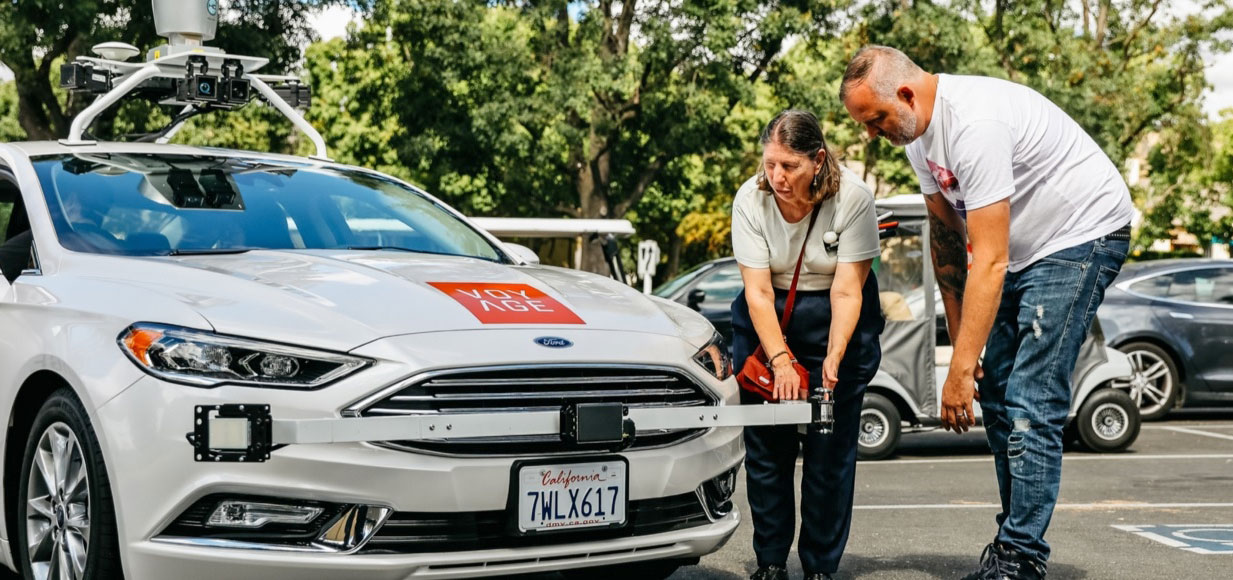
Udacity's first partnership with an institution of higher learning might not have turned out as well as it hoped, but a setback at San Jose State University won't cause the online learning portal to call it quits on college campuses. Quite the contrary, in fact. Today, Udacity announced the creation of the Open Education Alliance to "bridge the gap between the skills employers need and what traditional universities teach." The alliance is comprised of both Silicon Valley heavyweights like Google, AT&T and NVIDIA and educators including Georgia Tech and Khan Academy. The OEA's goal is to enlist the help of both companies and educators in building a new curriculum to help students learn what they need to choose and succeed in a modern career.
Here at TechCrunch Disrupt SF 2013, Udacity CEO Sebastian Thrun and California Lt. Governor Gavin Newsom discussed the need for a shift in our educational system, and consequently the OEA. "It's important to be creative about this," said Thrun, "we need to move away from an 'industry of drones' by enabling students to learn at their own speed." Naturally, accomplishing this task requires a combination of Udacity's online learning tools to give folks on-demand access to learning materials they need and a physical classroom environment to keep students on task. According to Newsom, "It's not mass education anymore, it's personalized."
Filed under: Misc, Internet
Comments
Source: Udacity blog, Open Education Alliance
 Flying cars have always been a goalpost of the future, but last year companies like Toyota, Airbus, DeLorean and Volvo's parent company invested in or announced plans to get their own units flying soon. If you wanted to get in on the ground floor of...
Flying cars have always been a goalpost of the future, but last year companies like Toyota, Airbus, DeLorean and Volvo's parent company invested in or announced plans to get their own units flying soon. If you wanted to get in on the ground floor of...
 Flying cars have always been a goalpost of the future, but last year companies like Toyota, Airbus, DeLorean and Volvo's parent company invested in or announced plans to get their own units flying soon. If you wanted to get in on the ground floor of...
Flying cars have always been a goalpost of the future, but last year companies like Toyota, Airbus, DeLorean and Volvo's parent company invested in or announced plans to get their own units flying soon. If you wanted to get in on the ground floor of...
 Online learning company Udacity decided to redirect the engineers it's training into a new spun-off self-driving tech company, Voyage, back in April. Now they're starting to test their autonomous technology with folks who could be greatly empowered b...
Online learning company Udacity decided to redirect the engineers it's training into a new spun-off self-driving tech company, Voyage, back in April. Now they're starting to test their autonomous technology with folks who could be greatly empowered b...
 Online learning portal Udacity launched its first 36-week "nanodegree" course for self-driving car engineering last year. There's a new, introductory course available now as well, focused on bringing students with minimal programming into the larger...
Online learning portal Udacity launched its first 36-week "nanodegree" course for self-driving car engineering last year. There's a new, introductory course available now as well, focused on bringing students with minimal programming into the larger...
 Popular online learning service Udacity already trains engineers for work in the fast-growing autonomous vehicles field, but now the company is ready to harness all that talent and launch its own self-driving taxi company. Led by CEO (and former Udac...
Popular online learning service Udacity already trains engineers for work in the fast-growing autonomous vehicles field, but now the company is ready to harness all that talent and launch its own self-driving taxi company. Led by CEO (and former Udac...
 Learning to make your own Android apps isn't easy, especially if it's your first time programming anything. Do you find a tutorial and hope for the best? Sign up for classes at the local college? Google might have a better way. It's introducing a fre...
Learning to make your own Android apps isn't easy, especially if it's your first time programming anything. Do you find a tutorial and hope for the best? Sign up for classes at the local college? Google might have a better way. It's introducing a fre...




